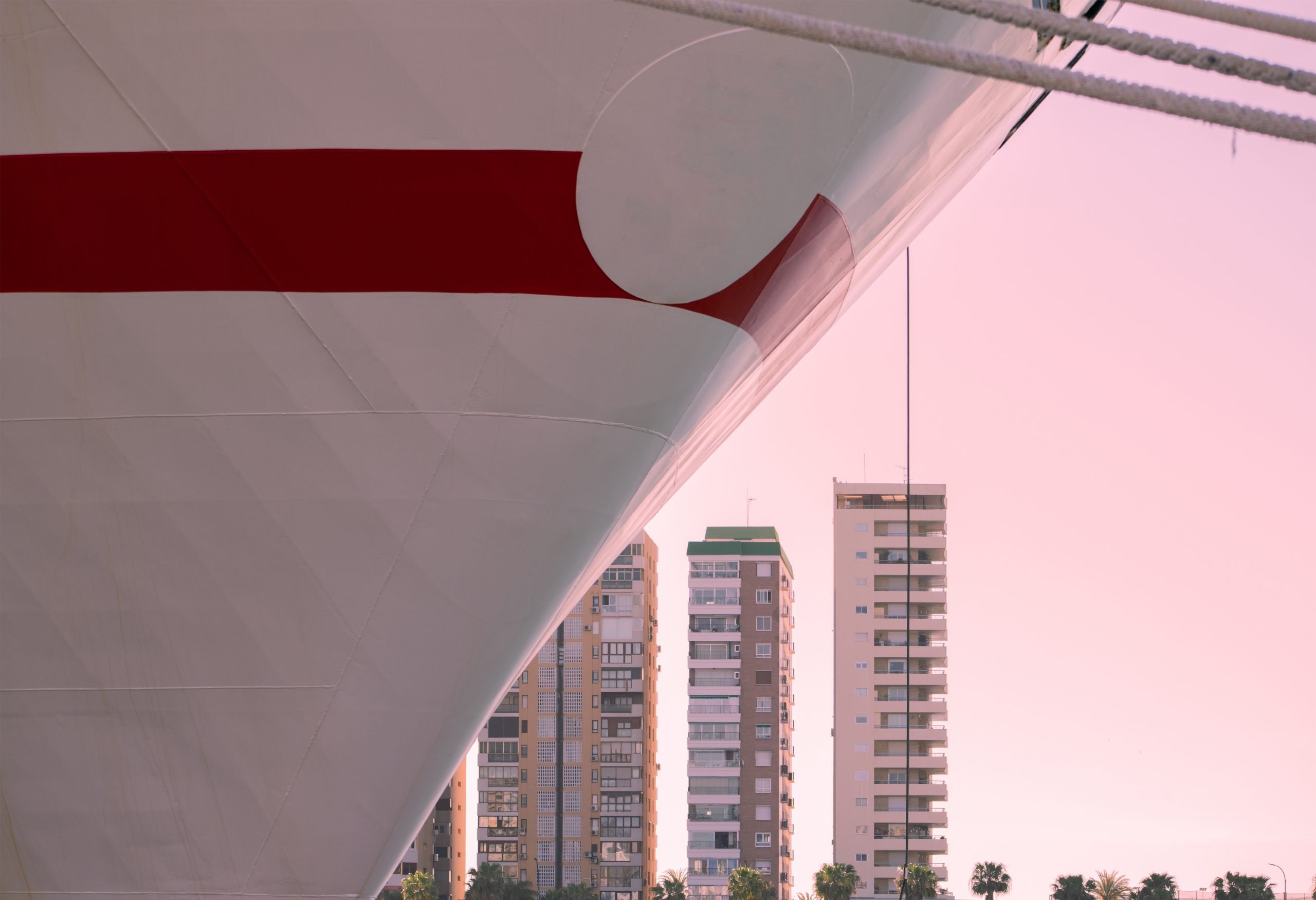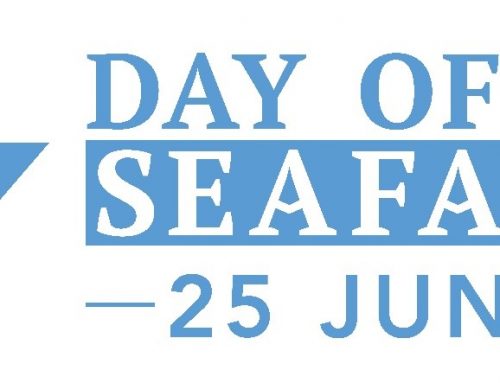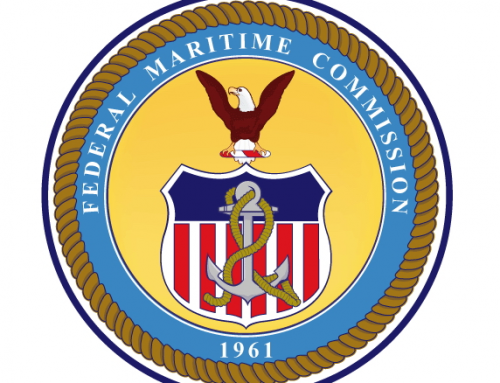We recently have written about Ronald and Eva Weissberger, who recently became the first cruise passengers to file suit related to coronavirus, or COVID-19, resulting from virus exposures while aboard the Grand Princess, a large cruise ship owned and operated by Princess Cruise Line. The Weissbergers allege that Princess breached its duty to provide reasonable care to them and the other 3,500-plus passengers and crew aboard the Grand Princess by failing to take adequate precautions to stop the spread of the virus.
However, many legal experts have stated they may face an uphill battle, given various restrictive “terms of service” buried in passenger-contract paperwork, as well as some maritime laws that “predate the sinking of the Titanic by half a century”. One specific maritime law, from 1850, commonly called the Limitation of Liability Act (“LLA”), purports to allow vessel owners to limit their liability to the value of the ship (and pending freight) post-casualty. The LLA also has been argued to exonerate shipowners completely from liability for loss or damages due to fire or other calamities and was most notably used after the sinking of the RMS Titanic in 1912.
Updated in 1935, the LLA purports to include any loss, damage or injury events outside negligence or unseaworthiness that were known or should have been known by the vessel’s owner.
In testimony to the House Committee on Transportation and Infrastructure in November, New Orleans maritime attorney Paul Sterbcow explained the law’s history, noting it was intended to protect the burgeoning, risk-laden shipping industry over 100 years ago, back when ships were made of wood and had no easy way to communicate while at sea. Sterbcow argues that, given modern-day shipping, with marine insurance readily available and technology vastly improved, the limitations provided to shipowners under the LLA are no longer justified.
The House Committee hearing was called by the U. S. Coast Guard and the Maritime Transportation Subcommittee after a fire in September 2019, on the dive charter boat M/V Conception caught fire just offshore California and burned catastrophically, leaving 34 people dead. Three days after the passengers’ deaths, the owner of the boat, Truth Aquatics, filed for protection under the LLA. The owners asked the judge to limit their liability to the value of the boat after it sank, or $0.
For attorneys such as John Hickey, a maritime lawyer in Miami, this move by Truth Aquatics to apply for limitation benefits, even before efforts to recover bodies was completed, illustrated how the LLA, and some maritime law more broadly, is often exploited by companies. “Talk about aggressively protecting their insurance policies and their money,” Hickey said.
A responsive lawsuit, filed on behalf of families of three passengers and one crew member who died aboard the burning Conception, claims the owners knew about the dangers of the lithium-ion batteries, which inspectors suspect as the source of the fire. According to a report by the Los Angeles Times, another boat owned by the same company experienced a similar (but less severe) fire while charging phones and underwater cameras a year prior. Despite that knowledge, the owners made no effort to replace the batteries aboard other its other ships.
“If vessel owners know they can walk away [after a casualty like the Conception] without any liability, they have no incentive to make their vessel fit [to sail],” Sterbcow said in his testimony. “You need to limit the ability to limit liability.”
The above is a summary of one or more news stories reviewed by the author of this article. It may contain comments or views of the author only.
This article is intended for general interest and does not constitute legal advice.
The Herd Law Firm, PLLC, is accepting cases where passengers or crewmembers developed COVID-19 as a result of exposure to the virus while aboard a cruise ship or any other vessel. If you have questions or wish to discuss such claims, please reach out to us at Charles.Herd@HerdLawFirm.com, or call 713-955-3699.







